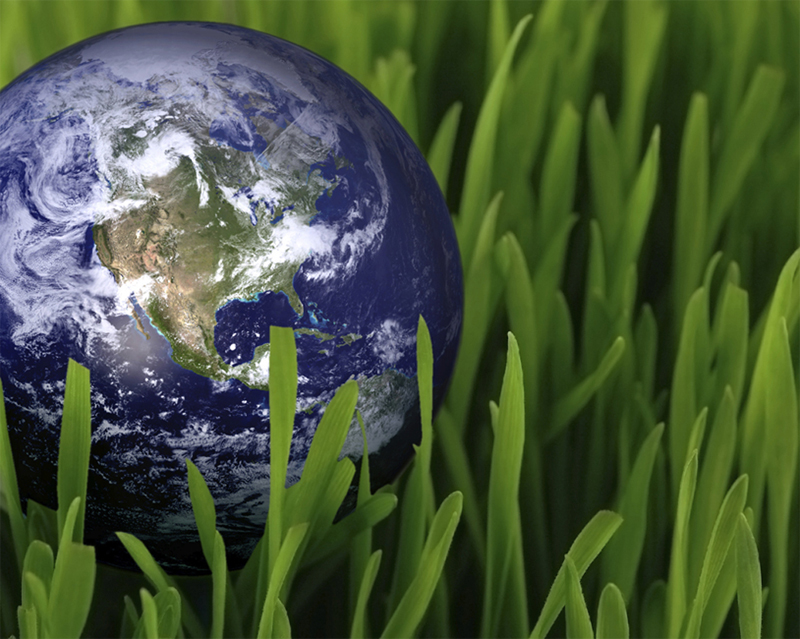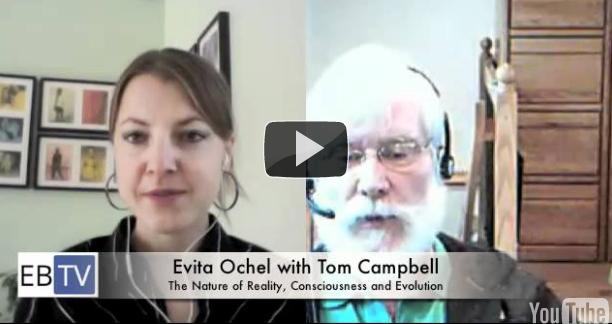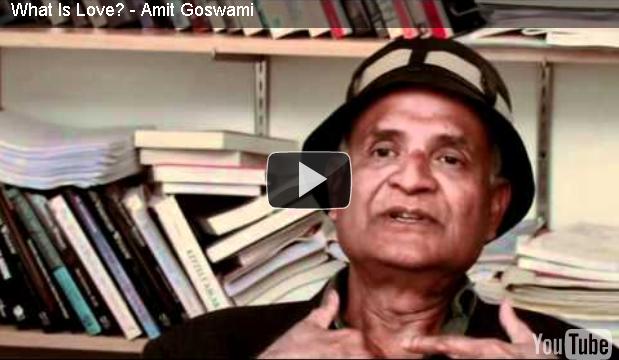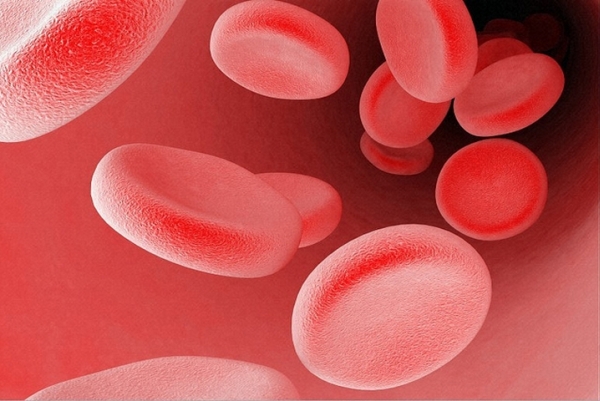


NASA Physicist Tomas Campbell on Reality
EBTV on http://evolvingbeings.com presents – The Nature of Reality, Consciousness and Evolution – featuring special guest, NASA physicist and author of the book My Big TOE, Tom Campbell, and host Evita Ochel. Tom talks about and/or explains the following topics: – further exploration of what it means to live in a virtual reality – the possibility of breaking the rule set of reality – the role of free will – the role of personal responsibility – how the mind can change reality – the potential of prayer – the ego’s influence on reality – implications of positive thinking vs negative thinking – how we can change the world – collective reality – what is the purpose of life – what is the purpose of a virtual reality – the role of evolution in a digital information system – the role of interaction and relationships for evolution – how the rules of a virtual reality system relate to our evolution – the role of love and fear in evolution...
What Is Love? – Amit Goswami
Dr. Amit Goswami, Ph.D, Theoretical Quantum Physicist, talks about the emotion of “love” in humanity in the documentary “The Quantum Activist”. ...![Social Scientist Philip Zimbardo: Factors Other Than Character Determine Behavior [TED Talk]](http://www.mutualresponsibility.org/wp-content/uploads/2012/03/Popeye-word-cloud-by-Terry-McCombs.jpg)
Social Scientist Philip Zimbardo: Factors Other Than Character Determine Behavior [TED Talk]
As a child growing up in a tough neighborhood in the South Bronx (an inner city ghetto of New York), social psychologist Philip Zimbardo learned at an early age that “the line between good and evil (which privileged people like to think is fixed and impermeable – with them on the good side and others on the bad side); I knew that line was movable and permeable.” In this TED video [23 minutes] Zimbardo presents three factors which can determine the likelihood of evil acts from healthy, normal well-intentioned people: Bad Apples, A Bad Barrel Or Bad Barrel-Makers? The 3 factors influencing the transformation of human character towards evil can be summarized as: • Dispositional: Inside the person. This is the factor most often considered by culture, religions and government as the cause of behavior. • Situational: Outside the person. This is the factor pointing to the influence of a person’s immediate surroundings, typically one in which a person’s normal, habitual behavior is not possible. • Systemic: The power structure that creates and sustains the situation. “Since the inquisition we’ve been dealing with problems at the level of the individual and it doesn’t work.” He recommends a paradigm shift of focus “away from the medical model which focuses only on the individual, towards a public health model that recognizes situational and systemic vectors of disease.” Promoting Heroism As The Antidote To Evil Zimbardo suggests the following: • Promote the heroic imagination of kids in our educational system. “We want kids to think, ‘I’m a hero in waiting,’ waiting for the right situation to come along to act heroically.” • Motivate people to overcome the...
Like Cells In A Body: Seeing Humanity As Parts Of One Organism
Man’s irresistible drift away from conflict and towards cooperation is but the complete adaptation of the organism (man) to its environment (the planet, ‘wild nature’), resulting in a more intense vitality.” The above and subsequent quotes are taken from the book, The Great Illusion; the work of one Sir Norman Angell, economist, politician, author, and nobel peace prize recipient. Almost 100 years ago (1913) Angell wrote on issues which remarkably hold particular relevance today: 1) The individual as a part of a nation. 2) The nation as a part of all nations. And; 3) Man as an individual, nation, and together all nations, as one organism. The Biological Argument For Mutual Consideration Part of Angell’s argument, for mutual cooperation among people, stems from a biological observation: Now, a body, the various parts of which are so interdependent that without coordination vitality is reduced or death ensues, must be regarded, in so far as the functions in question are concerned, not as a collection of rival organisms, but as one. This is in accord with what we know of the character of living organisms in their conflict with environment. The higher the organism, the greater the elaboration and interdependence of its part, the greater the need for coordination.” Seeing Humanity As One Organism As cells must operate in mutual consideration for the body to remain healthy, Angell argues that so must the person, as a part of all people (one organism), operate the same: The individual in his sociological aspect is not the complete organism. He who attempts to live without association with his fellow dies. Nor is the nation the complete organism....
